1. Pollinators Are Essential to Food Production
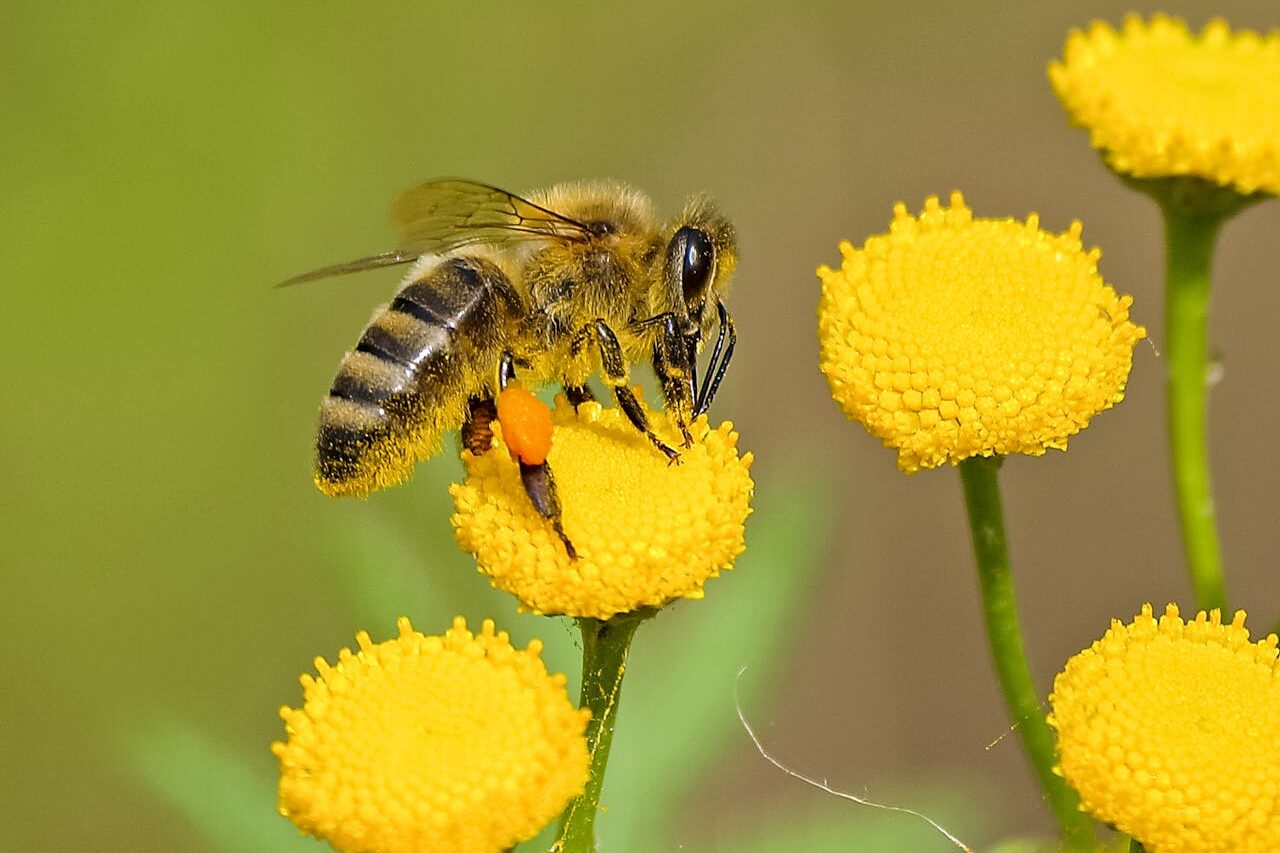
Pollinators, including bees, butterflies, birds, and even some bats, play a vital role in the production of many of the foods we consume daily. When these creatures visit flowers to collect nectar or pollen, they inadvertently transfer pollen from one flower to another, facilitating the process of fertilization according to Pollinator Partnership. This process, known as pollination, is essential for the production of fruits, seeds, and vegetables. Without pollination, the yield of many crops would dramatically decline, leading to a significant reduction in food availability and diversity.
For instance, many crops like apples, almonds, and tomatoes rely heavily on pollinators to produce their fruits. In fact, it’s estimated that pollinators are responsible for around one-third of the world’s food production. Without these natural partners, farmers would have to find alternative ways to pollinate plants, which would not only be costly but also far less effective. The synergy between pollinators and plants highlights the complexity of our food systems, showcasing how intricately nature is tied to our food supply.
2. The Impact of Pollinators on Global Crop Diversity
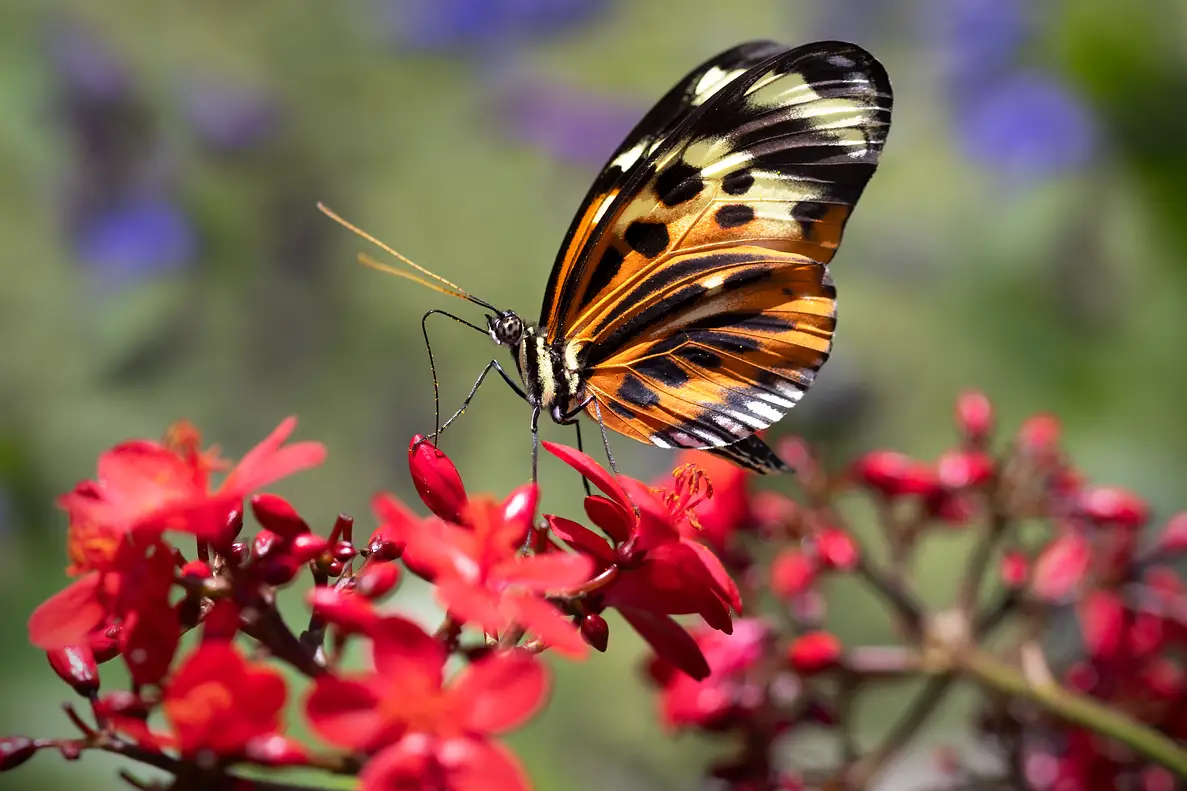
Pollinators help maintain a broad range of plant species, ensuring the diversity of crops available to us. This biodiversity is crucial because it increases food security by providing multiple sources of nutrients and a buffer against crop failures, according to the Food and Agriculture Organization. The absence of pollinators would significantly narrow the variety of foods we have access to. For example, crops like blueberries, cucumbers, and even coffee, which rely on pollinators, would see drastically reduced yields without them.
This diverse crop production is essential not just for variety in our diets but also for the ecological health of the planet. By encouraging the growth of different plant species, pollinators help create healthier ecosystems, which in turn provide us with cleaner air, water, and soil. This interconnectedness between pollinators and plant life demonstrates how dependent we are on nature to sustain not only our food systems but also the broader environmental balance that supports all life on Earth.
3. Pollinators Help Ensure Better Quality Crops

It’s not just the quantity of crops that pollinators affect, but also the quality. Pollinators play a crucial role in maintaining a broad range of plant species, ensuring the diversity of crops available to us. This biodiversity is crucial because it increases food security by providing multiple sources of nutrients and a buffer against crop failures, according to PubMed Central. Pollination directly influences the texture, size, and taste of fruits and vegetables. The absence of pollinators would significantly narrow the variety of foods we have access to. For example, tomatoes that are properly pollinated are more likely to be evenly shaped and have a better flavor. Additionally, crops like strawberries, which are highly dependent on pollinators, tend to produce larger, juicier, and sweeter fruits when pollinated effectively.
Pollinators even impact the nutritional value of some crops. Certain vegetables and fruits, like spinach or citrus fruits, are known to have better nutrient content when they are pollinated by a diverse range of pollinators. This means that the presence of pollinators is not just essential for sustaining the food supply but also for improving the quality of what ends up on our plates. The way we experience food—its flavor, its texture, and its nutritional richness—is intricately tied to the work of pollinators in nature.
4. Pollinators and the Economic Value of Agriculture
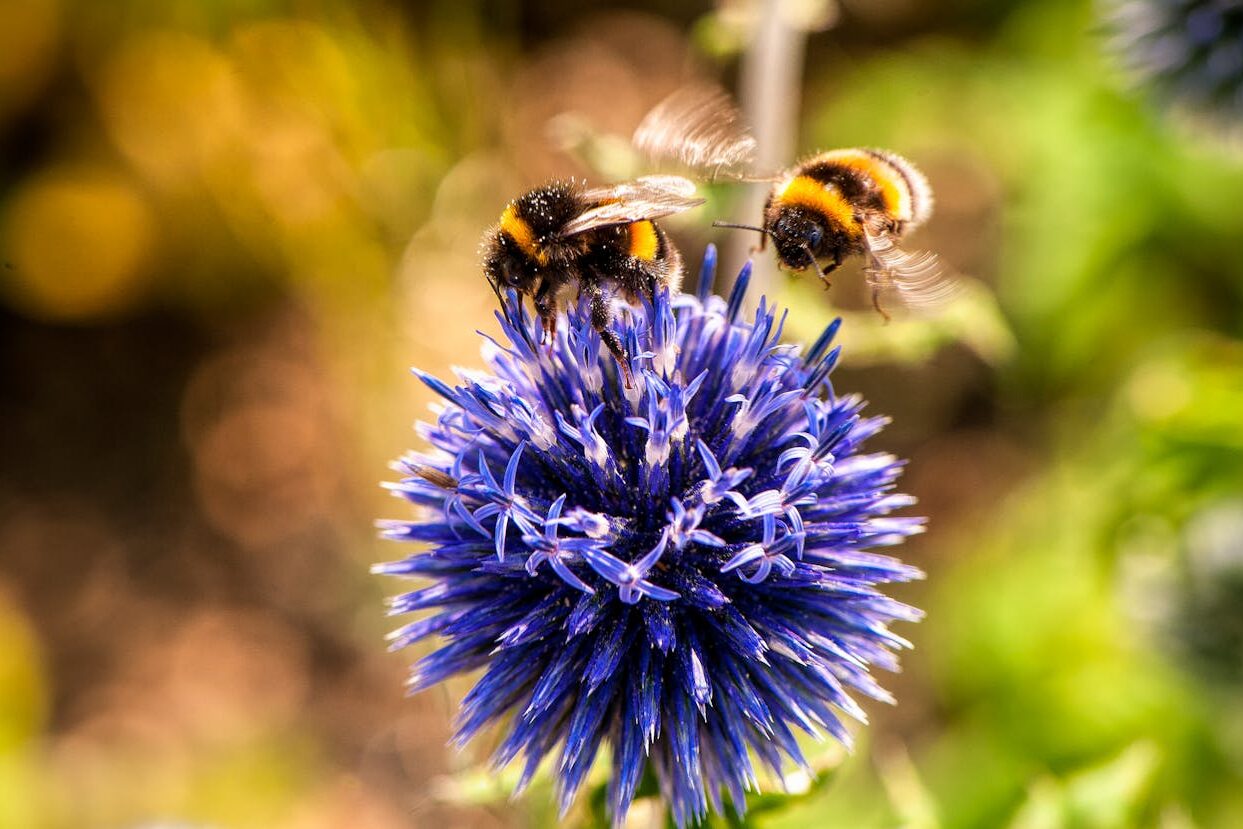
The economic value of pollinators cannot be overstated. In fact, pollinators contribute billions of dollars to the global economy through their role in agriculture. For example, crops like almonds in the United States or coffee in Brazil rely heavily on pollination services, which boosts their production and, consequently, the local economies, according to PubMed. Without pollinators, these industries would face severe financial losses. The ripple effect of pollinator decline could affect jobs, livelihoods, and entire agricultural sectors that depend on the successful growth of these crops.
Moreover, industries that support agriculture, such as food processing, transportation, and retail, would also suffer from reduced crop yields. The economic benefits of pollination extend far beyond farming alone, as pollinators indirectly support entire supply chains, helping to sustain both rural and urban economies. This highlights how pollinators are not just crucial to food production but are deeply embedded in the global economic system that supports our daily lives.
5. Climate Change and Its Effects on Pollinators
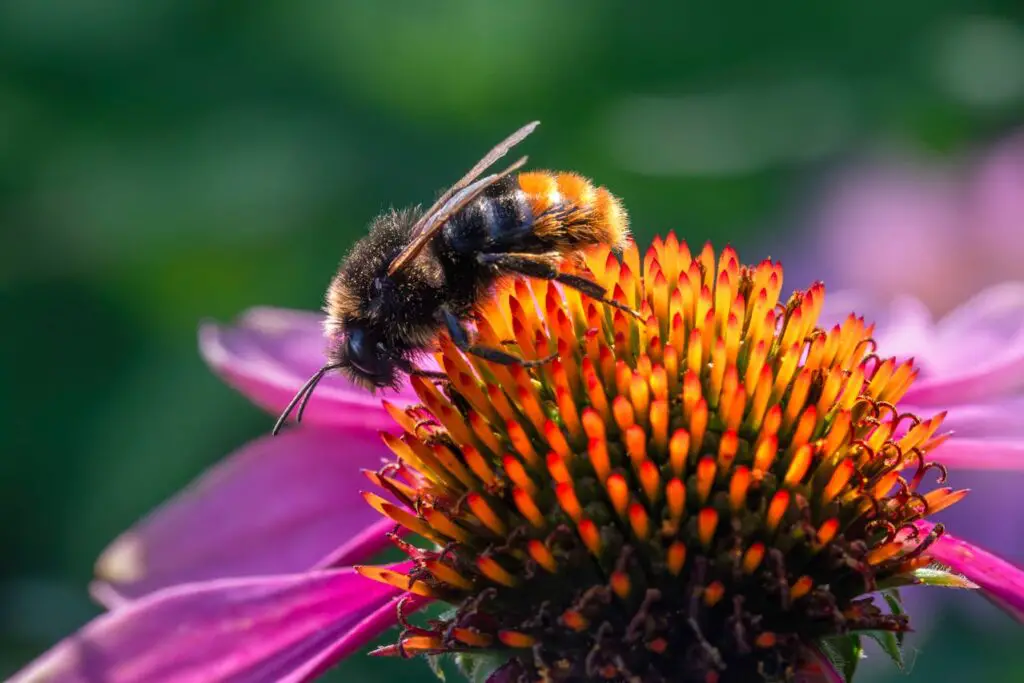
Climate change is one of the biggest threats to pollinators and, by extension, the food we eat. Rising temperatures, changing rainfall patterns, and the increased frequency of extreme weather events are disrupting the natural habitats of many pollinators, according to Science Daily. For example, some species of bees are struggling to adapt to the warmer temperatures, which affects their ability to forage and pollinate effectively. In some areas, this has led to a reduction in the populations of essential pollinators, which could have devastating effects on local food production.
Additionally, the timing of flowering plants has also been altered due to climate change, which can disrupt the synchrony between when flowers bloom and when pollinators are most active. This mismatch can result in reduced pollination efficiency, leading to lower crop yields. The relationship between climate change and pollination is complex, but it’s clear that the impacts of a warming planet are making it more challenging for pollinators to thrive, further endangering our food systems.
6. How Human Activities Are Harming Pollinators
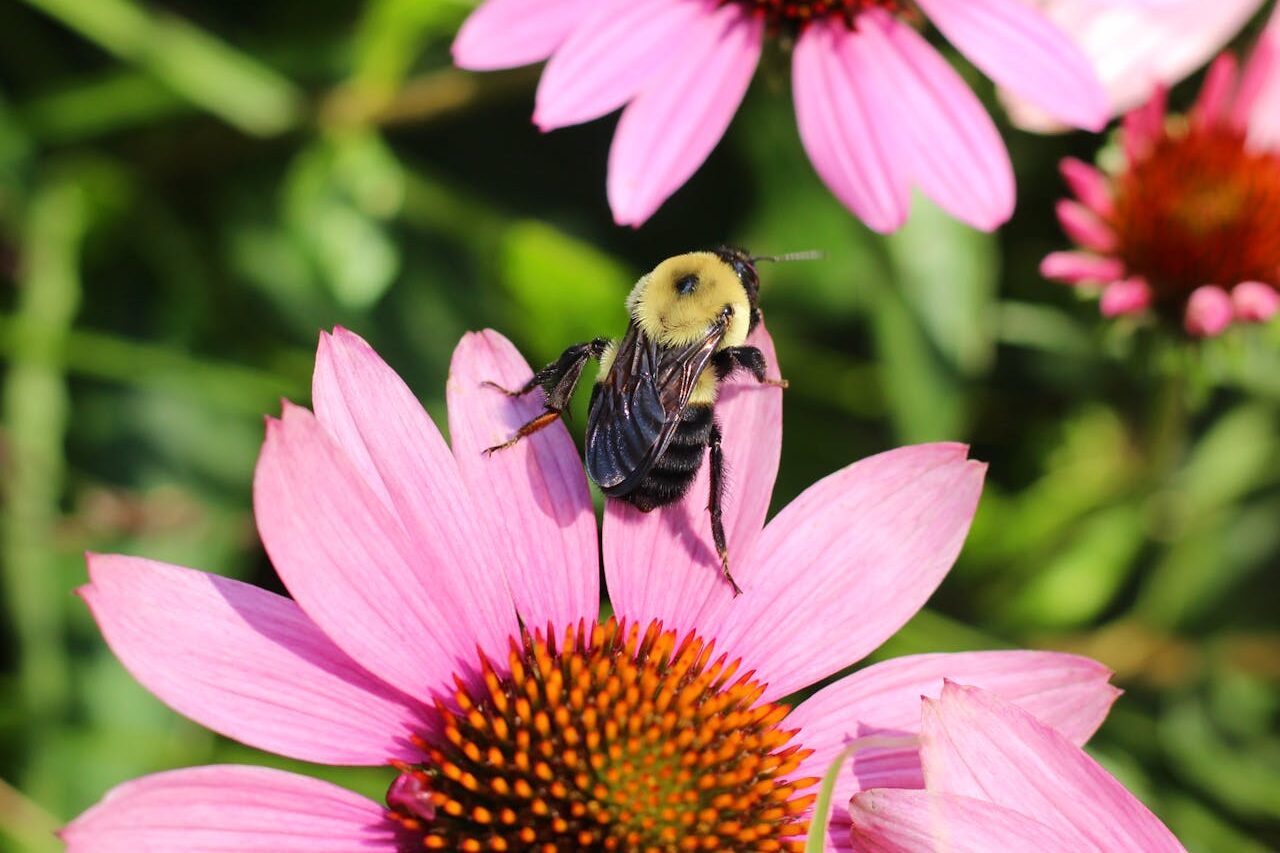
Human activities, particularly the widespread use of pesticides, habitat destruction, and monoculture farming practices, are harming pollinator populations around the world. Pesticides, for instance, can be toxic to bees and other pollinators, often killing them or impairing their ability to navigate and forage. Habitat loss due to urbanization or the clearing of natural landscapes for farming reduces the number of places where pollinators can live and thrive.
Additionally, monoculture farming, where large areas are dedicated to a single crop, reduces biodiversity and the availability of diverse food sources for pollinators. This leaves them more vulnerable to disease and makes them dependent on a limited number of plants. These human-induced pressures are significantly reducing the populations of key pollinators, which is putting both their survival and our food security at risk. The loss of pollinators is a clear indication that the way we approach agriculture and land use must be rethought to preserve the delicate balance of nature.
7. The Role of Pollinators in Ecosystem Health
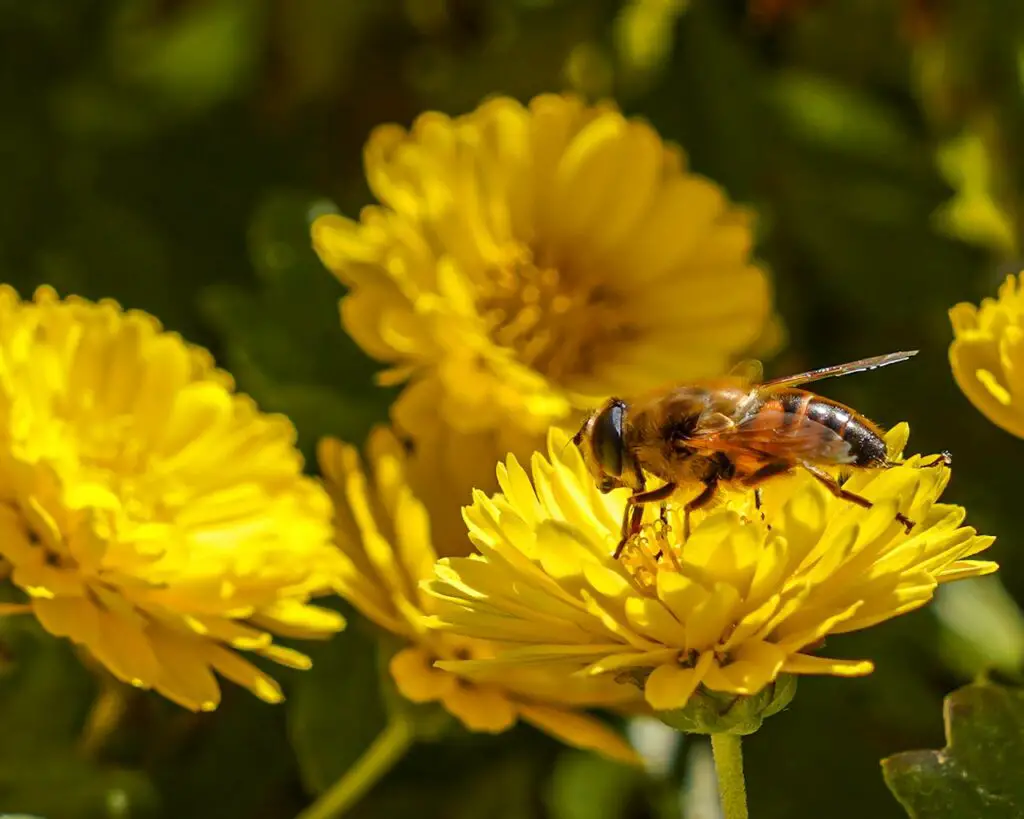
Pollinators do more than just help with food production—they also contribute to the overall health of ecosystems. Many plants depend on pollinators not only for reproduction but also for genetic diversity. By transferring pollen, pollinators enable plants to cross-pollinate, which leads to the production of stronger, more resilient plant species. This is essential for maintaining biodiversity in ecosystems and ensuring that plants can adapt to changing environmental conditions.
In addition, healthy ecosystems are more efficient at filtering water, preventing soil erosion, and regulating climate. Pollinators help maintain these ecosystems by facilitating plant reproduction, which in turn supports a diverse range of wildlife, from insects to larger mammals. This interconnectedness between pollinators, plants, and animals underscores the vital role these creatures play in maintaining the Earth’s ecological balance, which ultimately supports human life.
8. Supporting Pollinators Through Sustainable Farming Practices
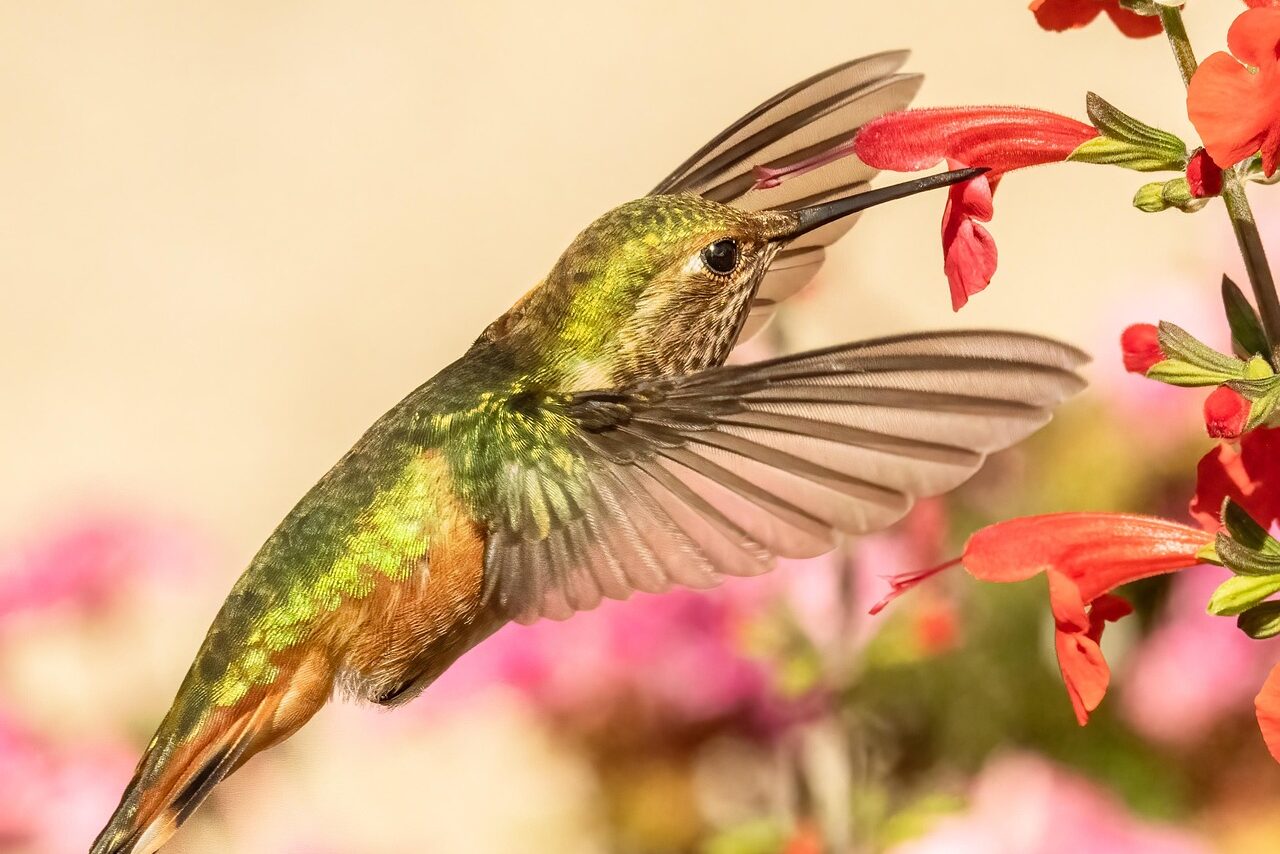
One of the most effective ways to support pollinators and ensure the continued availability of food is through sustainable farming practices. By reducing the use of harmful pesticides and adopting organic farming methods, farmers can create environments that are more hospitable to pollinators. Crop rotation, the planting of wildflowers, and the maintenance of hedgerows are all practices that can help provide pollinators with the diverse food sources they need to thrive.
Incorporating biodiversity into farming systems not only benefits pollinators but also helps farmers in the long run. By promoting a healthier, more diverse ecosystem, these practices can improve soil health, water retention, and pest control, ultimately leading to more resilient and productive farms. This holistic approach to farming, which recognizes the importance of pollinators, is an essential step toward ensuring food security in the face of environmental challenges.
9. The Decline of Pollinators and What It Means for Food Security
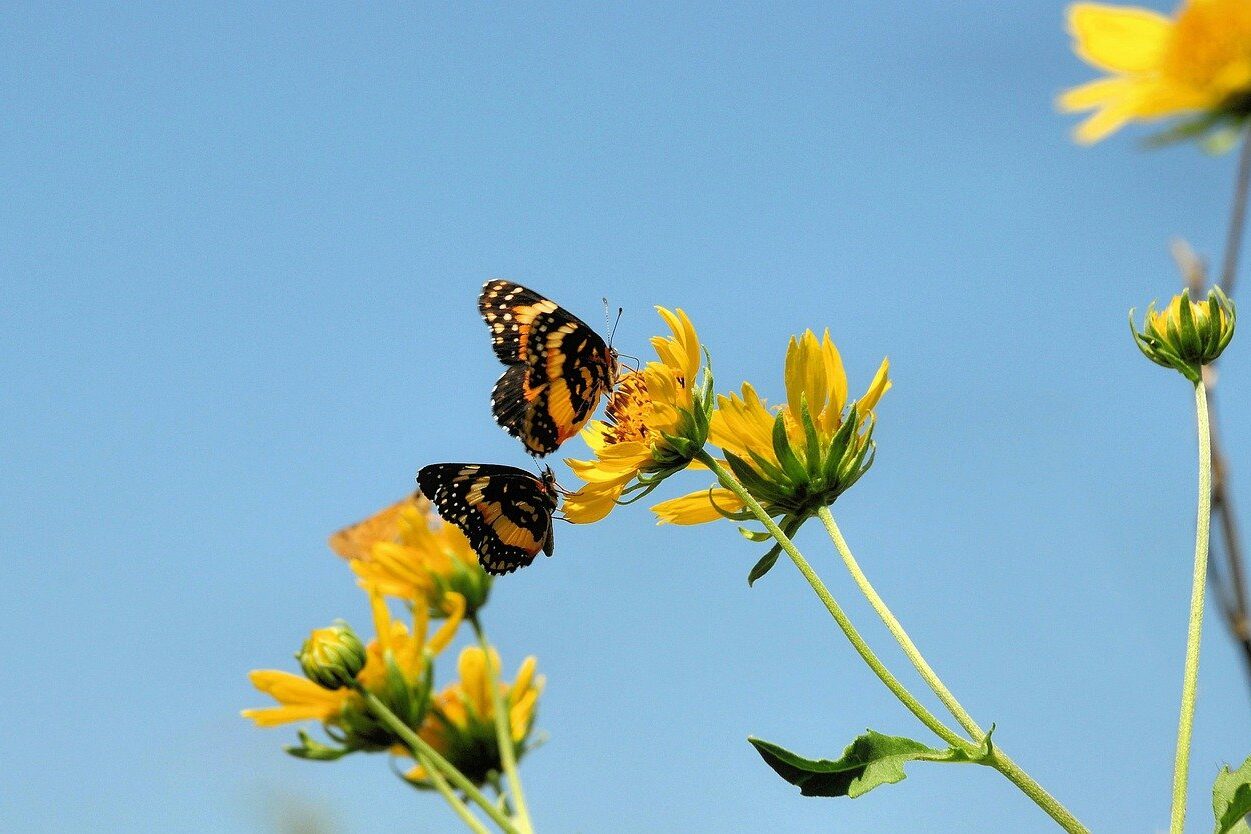
The decline of pollinators has far-reaching consequences for food security. As pollinator populations decrease, crop yields drop, leading to reduced food availability and higher prices. For staple crops like rice, wheat, and maize, which are less dependent on pollinators, the impact may be less severe. However, for crops that rely heavily on pollination, such as fruits, nuts, and vegetables, the effects could be devastating.
This decline in pollinators also poses a threat to nutrition, as the loss of diverse crops can lead to a more monotonous and less nutritious diet. Without pollinators, the global food system would become less resilient, and people, particularly in developing regions, would face greater challenges in accessing affordable and nutritious food. Ensuring the survival of pollinators is therefore crucial not only for maintaining food production but also for safeguarding the nutritional quality of our diets.
10. Pollination and the Global Food Chain
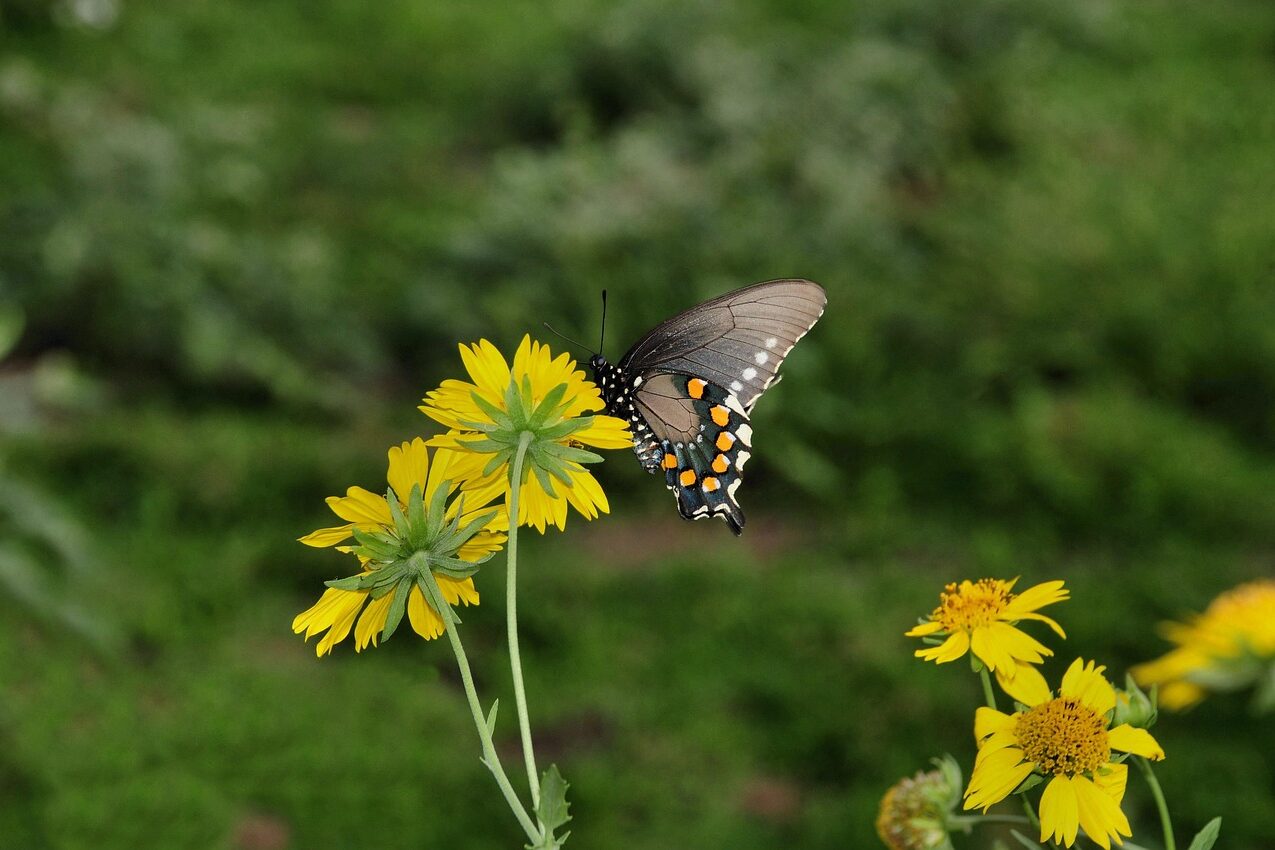
The global food chain is intricately linked to pollination. Many of the foods we take for granted, like fruits, vegetables, and nuts, depend on pollinators for their production. When pollinators struggle, entire sectors of the food industry can be affected. This includes everything from food processing to transportation to retail. As crop yields decrease, the price of food rises, and entire markets may experience food shortages.
Pollination also plays a crucial role in the production of ingredients for processed foods. For example, honey, a product directly related to bees, is an essential ingredient in a variety of food products worldwide. Additionally, many food products, such as cereals, granola bars, and even chocolate, rely on crops that are pollinated. The ripple effect of pollinator decline highlights how interconnected the world’s food systems are and why pollinator conservation should be a global priority.
11. The Role of Local Communities in Pollinator Protection

Local communities can play a significant role in protecting pollinators. By supporting pollinator-friendly initiatives, such as planting wildflowers, creating butterfly gardens, and reducing pesticide use, communities can help provide essential habitats for pollinators. These small actions can have a huge impact on the health of local ecosystems and the populations of pollinators in the area.
Furthermore, raising awareness about the importance of pollinators in food production and ecosystem health can encourage individuals to take action. Schools, businesses, and local governments can also implement strategies to create environments conducive to pollination. Community-driven efforts to protect pollinators help to reinforce the connection between nature and food production, making it clear that preserving these creatures is not just an environmental issue but a matter of human survival.
12. Pollinators and the Future of Food Innovation
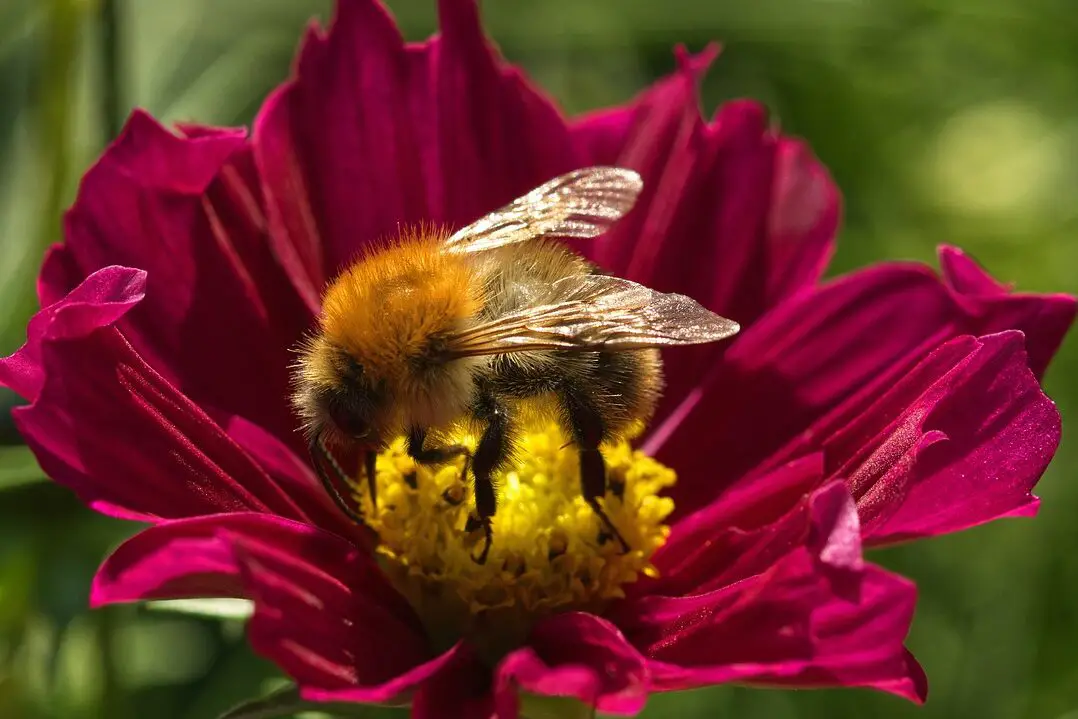
As we look to the future of food, the role of pollinators will remain critical in driving innovation in agriculture. With the growing global population and the increasing demand for food, scientists and farmers are exploring new ways to support pollination. This includes research into pollinator-friendly farming techniques, genetic engineering of crops to make them less dependent on pollinators, and even the potential use of drones to assist in pollination.
However, even as we innovate, it is clear that pollinators themselves remain irreplaceable. Technological solutions cannot replicate the efficiency and natural resilience of pollinators. Instead, we must focus on creating a more sustainable food system that integrates pollinator conservation into agricultural practices, ensuring that these vital creatures can continue their work for generations to come.
13. The Future of Pollinators and Our Food Systems
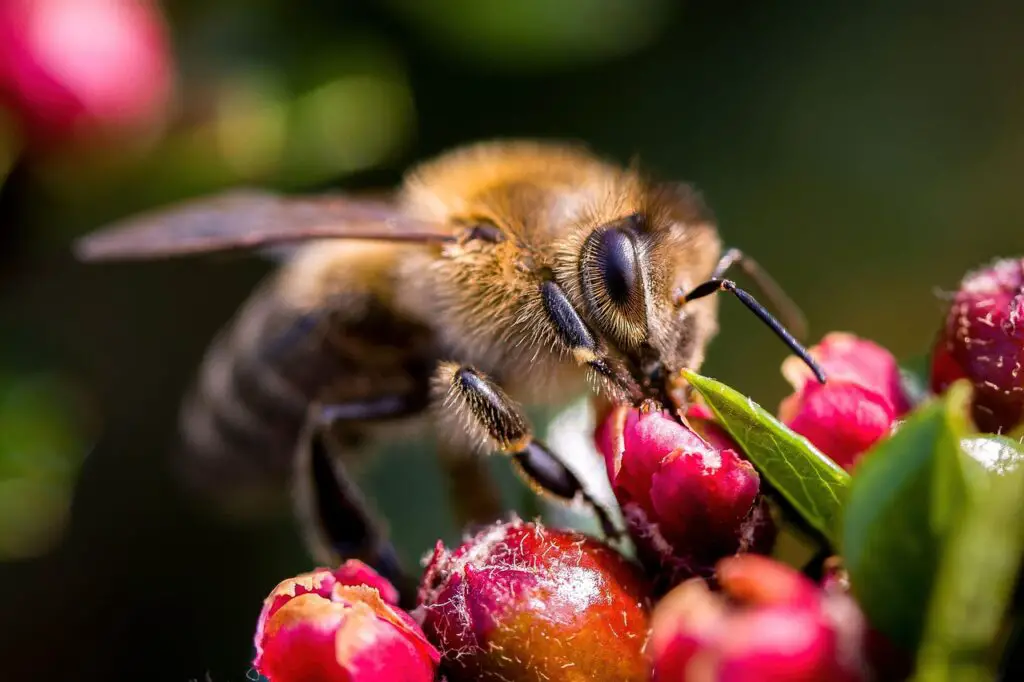
Looking ahead, the future of pollinators and our food systems depends on the actions we take today. If we continue to prioritize conservation efforts, support sustainable farming practices, and reduce the impact of climate change, we can protect the essential role of pollinators in food production. By recognizing the importance of pollinators and working to safeguard their habitats, we can ensure that the delicate balance between pollinators and the food we eat remains intact for future generations.
In the end, the relationship between pollinators and food is a reminder of how interconnected everything is in nature. From the smallest bee to the largest crop, every part of the ecosystem plays a role in feeding the world. Protecting pollinators is not just about ensuring food security—it’s about protecting the web of life that sustains us all.


